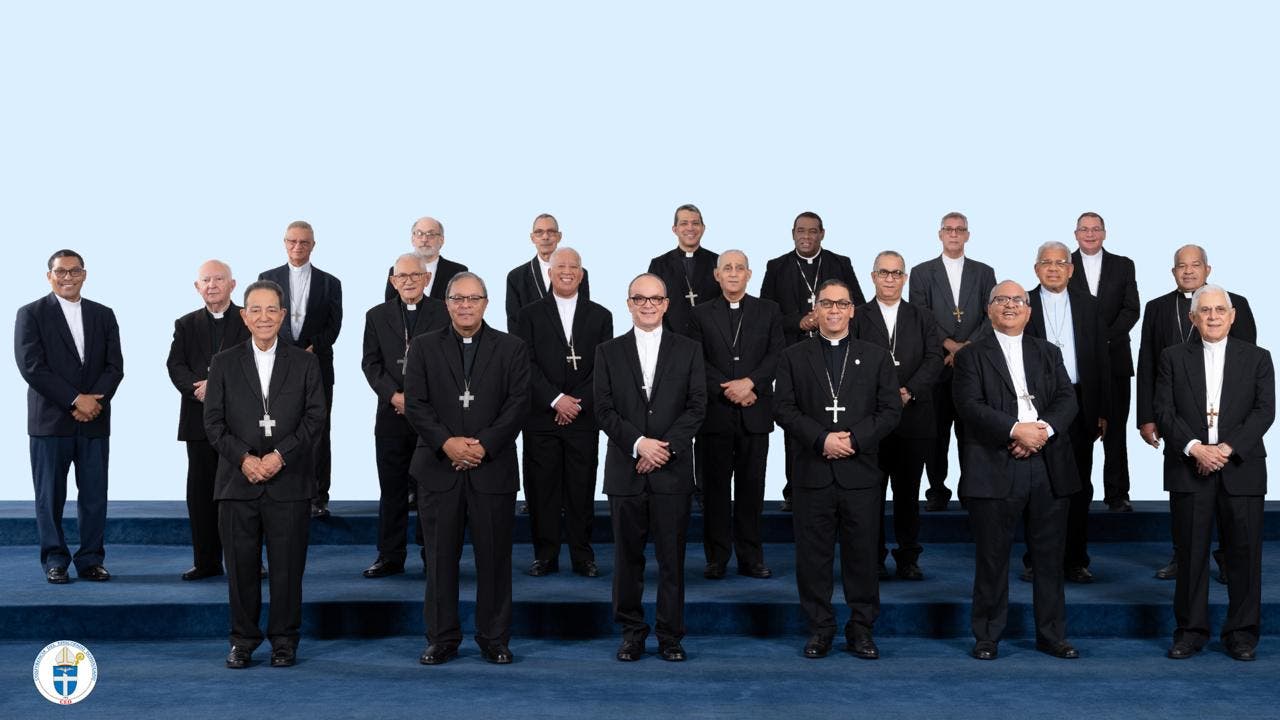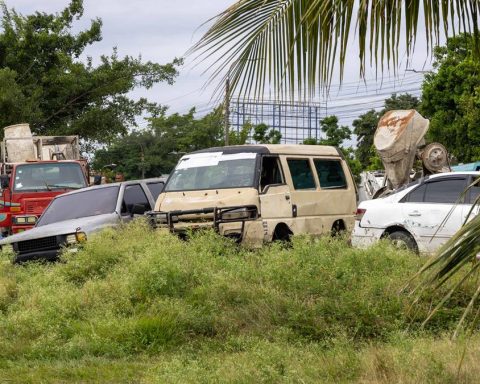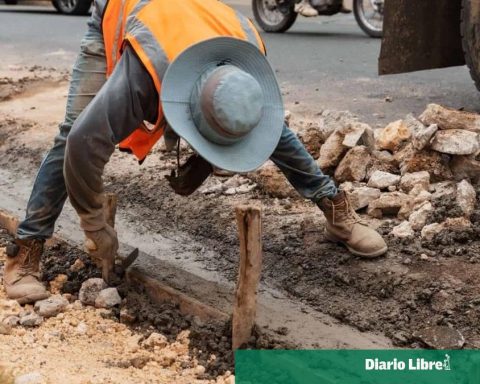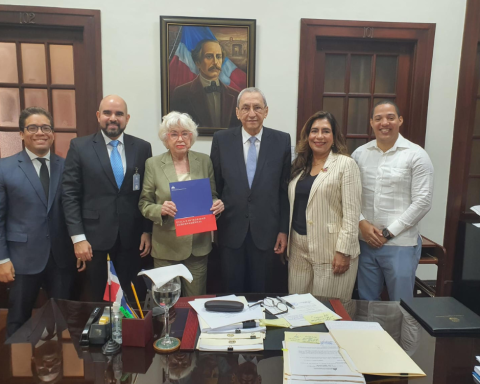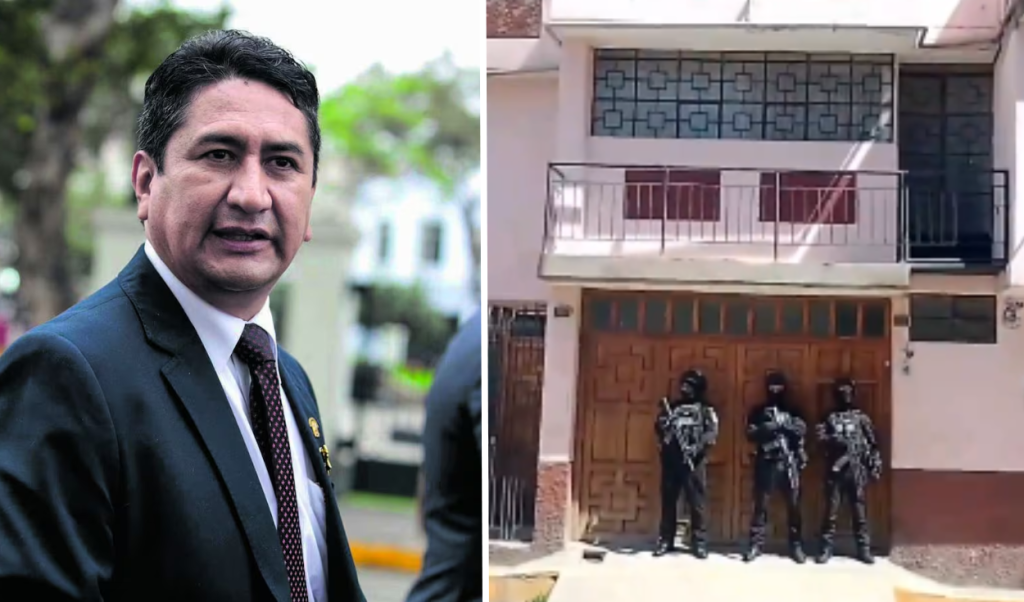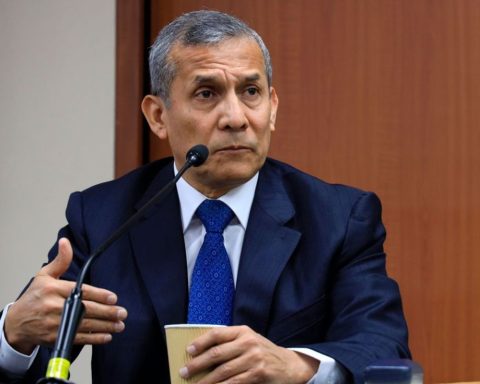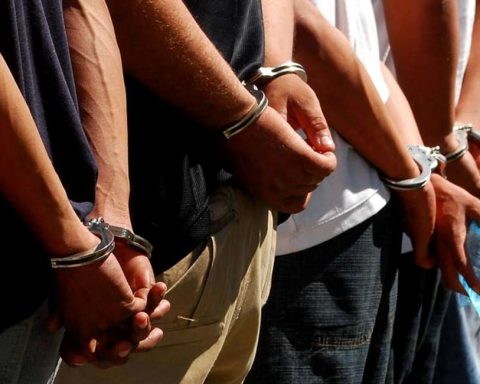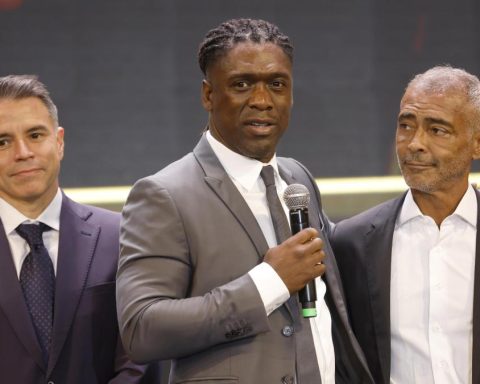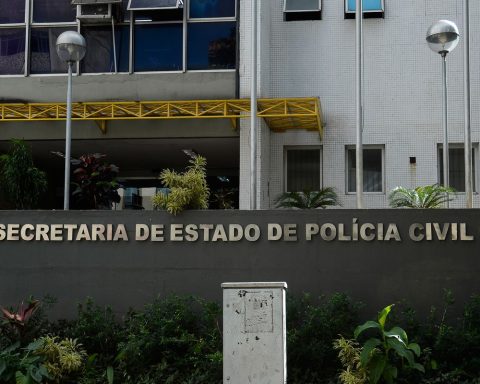SANTO DOMINGO.- The Dominican government has proposed a tax reform that has sparked intense discussions among the most influential sectors of the country. However, The absence of the Dominican episcopate is notable, whose historically influential hierarchy has not had a notable presence in the debate.
In contrast, lhe evangelical pastors, representing a growing religious sector, have sought rapprochement with the president and have actively expressed their opinions on the project.
This group of pastors raised particular concerns regarding the possible elimination of tax exemptions for non-governmental organizations (NGOs), under which many evangelical churches operate. However, their fears turned out to be unfounded, since the government proposal only seeks to eliminate exemptions for NGOs that generate private profits, while maintaining tax advantages for genuine non-profit entities.
The project revealed the existence of organizations that, taking advantage of legal loopholes, profit under the protection of these exemptions, as is the case of some private universities.
However, what has drawn the most attention is the passivity of the Catholic leadership in the face of the activism shown by the evangelical churches.
This situation marks a significant change in the dynamics of religious participation in Dominican public life. For decades, the Catholic Church was a powerful moral and political voice in ethical, social and economic debates. In the past, it was unthinkable for the Catholic hierarchy to stay out of a discussion as crucial as tax reform.
Among the possible causes of this absence are the internal changes that the Catholic Church has experienced in the Dominican Republic, with an episcopate mostly from Cibao and less inclined to participate in the political debate.
Besides, The Conference of the Dominican Episcopate seems to have prioritized moral and pastoral issues over economic and social issues, allowing other organizations, such as evangelical groups, to occupy those spaces.
The prominence of evangelical pastors, who have approached the government, reflects the growing weight of this community in public life and its ability to adapt to the dynamics of political power. This could have long-term implications on the balance of religious forces in the country, transforming the role of churches in Dominican society.
